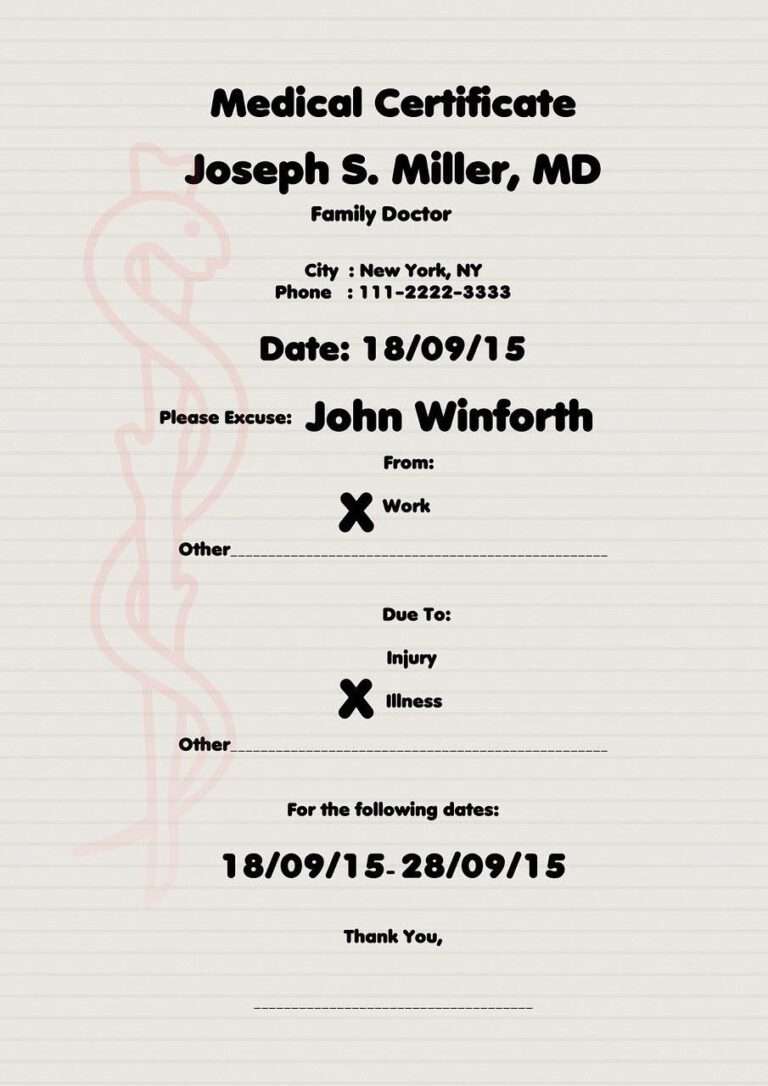The Federal Labor Court has Judgment of March 29.03.2023, 5 (case number: 255 AZR 22/XNUMX) a decision is made on the relationship between immediate termination and late acceptance wages. An employer behaves contradictorily if he first terminates the employment relationship without notice and invokes the unreasonableness of continued employment, but in the subsequent dismissal protection process offers the employee continued employment “to avoid delay in acceptance”.
1. FACTS
The plaintiff employee was employed by the defendant company as a technical manager. The employer gave the plaintiff employee a notice of termination without notice and offered him the continuation of the employment relationship with work as a software developer and significantly lower remuneration. In the termination letter, the employer also asked the employee to return to work at a certain point in the event of “rejection of the extraordinary termination”. After the plaintiff employee did not show up for work, the defendant company gave notice again without notice. The plaintiff employee also did not comply with a request to continue working contained in this letter of termination. The employee's dismissal protection claim was successful. It was determined that both the change notice and the extraordinary termination notice are ineffective.
Since the defendant employer subsequently refused to pay late acceptance wages, the employee also asserted this in court. However, both the labor court and the state labor court dismissed this lawsuit. The plaintiff employee did not accept the employer's offer to continue working. He is therefore not willing to perform in the sense Civil Code § 297 been.
2. DECISION
However, the appeal, which was subsequently approved by the Federal Labor Court, was successful. The court states that the defendant company was in default of acceptance by issuing termination without notice. There was no need for an additional job offer from the plaintiff employee. It cannot be assumed that the employer has a serious intention to continue to employ the employee. During the dismissal protection process, she stated that it was unreasonable for her to continue to employ the plaintiff employee. The employer is therefore behaving contradictorily. The regional labor court's legal assessment was incorrect. It cannot be deduced from the plaintiff employee's rejection of the offer to continue working alone that the employee actually had no desire to perform (see § 297 BGB).
3. CONCLUSION
Not every rejection of an offer of continued employment means that an employer does not have to pay for late acceptance. Companies should therefore examine such offers very carefully and also fit them into their overall process and separation strategy.








